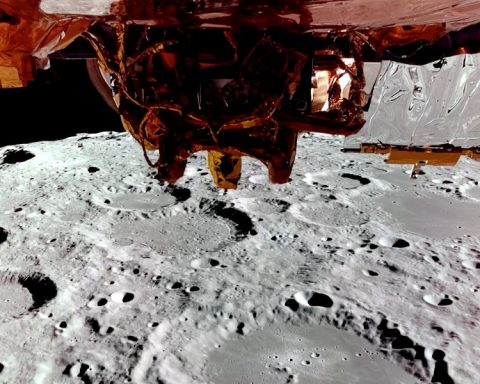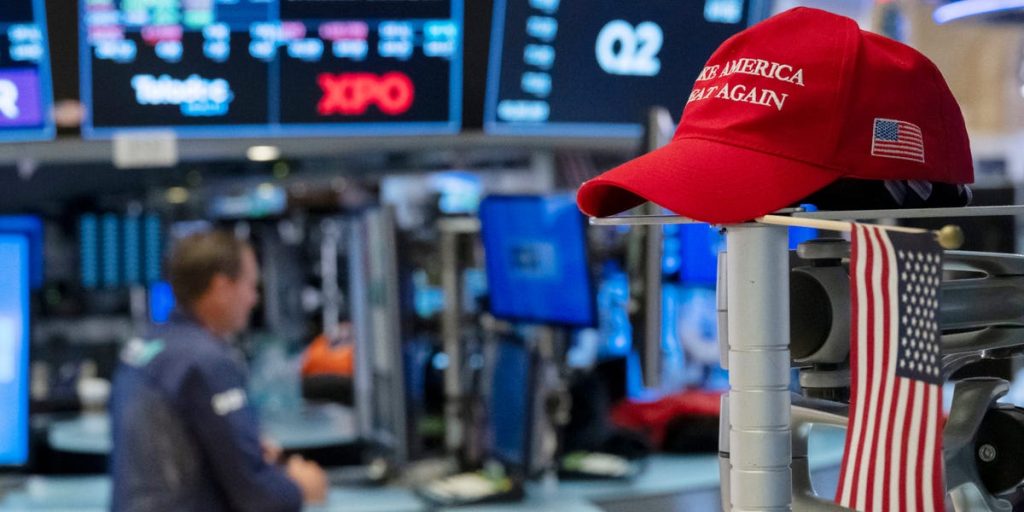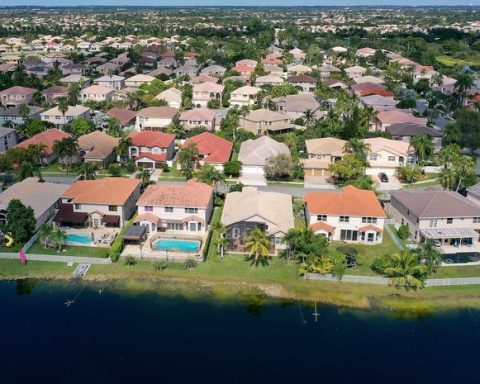Elon Musk, currently balancing his roles at Tesla and SpaceX while engaging with DOGE enthusiasts, took to X to announce his ambitious timeline to send rockets to Mars by the end of 2026. He aims to follow this with human missions planned between 2029 and 2031, despite his track record of setting overly ambitious deadlines.
Key Facts
Musk stated in a recent X post that SpaceX intends to launch its Starship spacecraft, carrying Optimus, a humanoid robot developed by Tesla, to Mars in late 2026. If this mission proves successful, Musk hopes to begin transporting humans to Mars as early as 2029, though he acknowledges 2031 might be a more realistic target. His broader vision includes making space travel to Mars accessible to everyone and establishing a self-sustaining civilization on the planet.
Why Does Musk Want To Send People To Mars?
Musk has consistently emphasized the importance of colonizing Mars as a safeguard for humanity. He has posited that in the event of a catastrophic event on Earth—whether man-made or natural—creating a backup for life is essential. In 2020, he referred to this venture as “life insurance for life as a whole.” He envisions a population of one million on Mars by the 2040s, aiming to cultivate a self-sustaining community. According to SpaceX’s Mars mission webpage, the planet is particularly attractive for exploration due to its similar day length to Earth, abundant sunlight, and proximity. However, challenges like severe cold and limited water resources remain, prompting Musk to suggest solutions such as deploying Tesla-manufactured solar panels for energy and heating.
Are Musk’s Deadlines Reliable?
Musk’s timelines have faced criticism for being overly optimistic. For instance, he projected sending humans to Mars by 2024 in 2016, a milestone that was not met. In 2017, he claimed private moon trips would occur in 2018, which also did not happen. Deadlines for the Tesla Cybercab robotaxi have similarly slipped: after revealing a prototype in 2024, Musk now estimates production will begin by 2027.
Forbes Valuation
According to Forbes, Musk’s net worth is approximately $335 billion, making him the wealthiest person globally. His fortune largely stems from a 12% stake in Tesla and a 42% stake in SpaceX, both companies he co-founded. Musk has expressed that his wealth primarily funds his vision of human life on Mars.
Tangent
Recently, SpaceX has encountered significant setbacks, enduring two consecutive rocket launch failures due to explosions. Following the latest explosion, Musk referred to it as a “minor setback,” noting that valuable lessons were learned. He commented on the challenges of making life multiplanetary, affirming the complexity of the endeavor.









